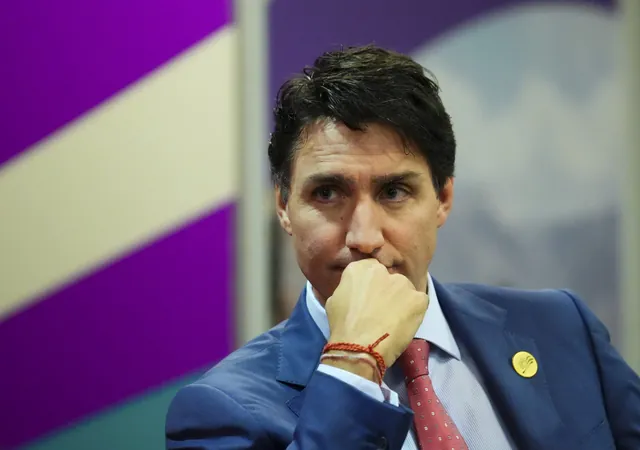
Trudeau Stands Firm on Trilateral Trade Talks Amid Controversy
2024-11-17
Author: William
Trudeau Stands Firm on Trilateral Trade Talks Amid Controversy
RIO DE JANEIRO, BRAZIL – Prime Minister Justin Trudeau reaffirmed Canada's commitment to ongoing trilateral trade negotiations with the United States and Mexico, despite mounting pressure from Ontario Premier Doug Ford and Alberta Premier Danielle Smith to sideline Mexico in future discussions.
At the recent Asia-Pacific Economic Co-operation (APEC) summit in Lima, Peru, Trudeau expressed optimism regarding the continuation of discussions among Canada, the US, and Mexico. He emphasized the importance of renewing and fortifying the North American Free Trade Agreement (NAFTA), which was restructured into the United States-Mexico-Canada Agreement (USMCA) during Donald Trump's first term. This current trade agreement is expected to undergo a review in the summer of 2026.
Ford's request for Canada to negotiate independently stems from concerns about Mexico's labor standards, which some critique as being inferior to those in Canada and the US. Additionally, both premiers have expressed worries regarding the potential for transshipment issues involving Chinese auto parts infiltrating the North American market.
Despite these apprehensions, Trudeau remains hopeful that effective collaboration can lead to a trade environment that benefits all three nations. He stated, “I am hopeful that we’re going to be able to work constructively over the coming months and perhaps years to ensure that North America remains an advantageous place for trade.”
As Trudeau arrived in Brazil for the G20 summit, where global trade under Trump's expected policies will be a central focus, he may encounter Mexican President Claudia Sheinbaum, who is likely to advocate for a cohesive Canada-Mexico stance heading into negotiations with the incoming US administration.
Trump's potential return to the White House raises further trade alarm as he has hinted at imposing a 10% tariff on all imports, a strategy he claims will boost domestic jobs. He has also threatened to escalate tariffs against China, adding complexity to the already intricate trade landscape.
Simultaneously, as the future of US trade appears uncertain, China is forging its own path in Latin America, ramping up economic influence through significant infrastructure investments. Just before the APEC summit, Chinese President Xi Jinping inspected a new port facility in Peru financed by China, aimed at facilitating increased trade between Asia and South America.
Amid potential meetings between global leaders, Trudeau's interactions are closely watched, particularly regarding the possibility of a face-to-face with Xi Jinping. Meanwhile, the diplomatic relationship between Canada and India remains strained following Canada’s expulsion of six Indian diplomats connected to allegations surrounding a high-profile murder case.
The G20 summit is also set to address the ongoing conflict in Ukraine as it endures its nearly 1,000-day struggle against Russian invasion. Trudeau acknowledged the challenges of compensating for a possible reduction in US support, stating, “All the allies in the world would not be able to replace a complete withdrawal from supporting Ukraine by the United States.”
As discussions progress, the future of North American trade hangs in the balance, amidst shifting political dynamics and global economic pressures. Trudeau's steadfast approach aims to navigate these complexities while ensuring that Canada's interests remain a priority.



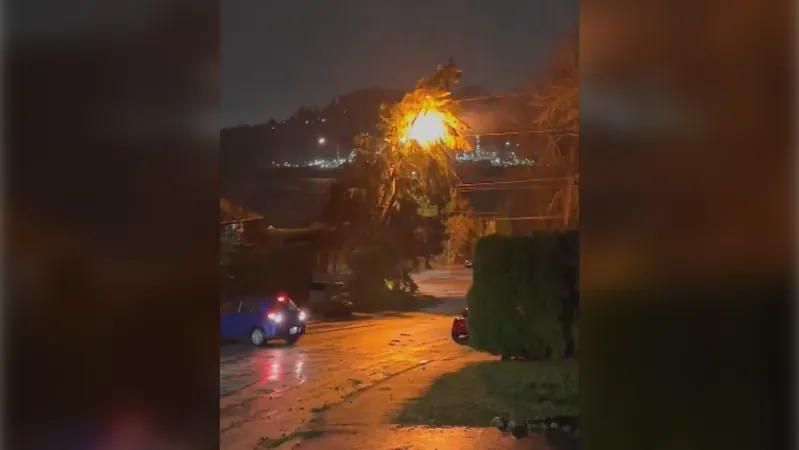
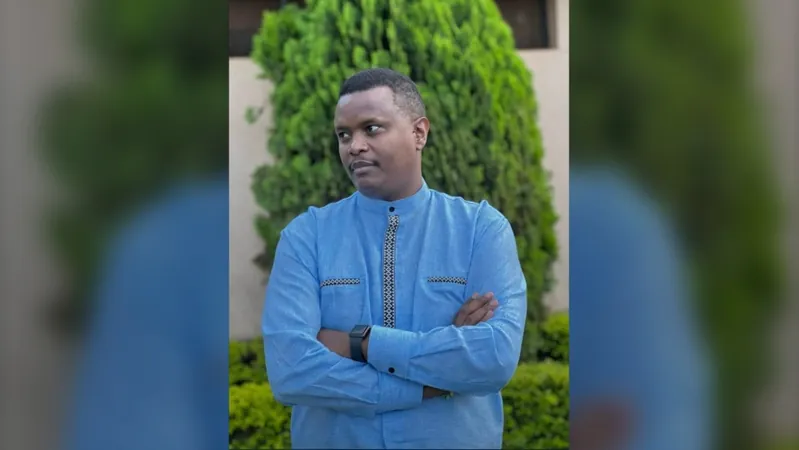

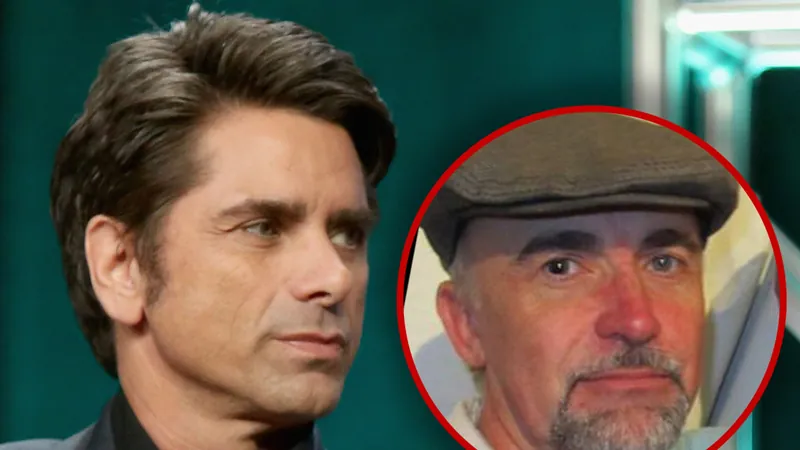
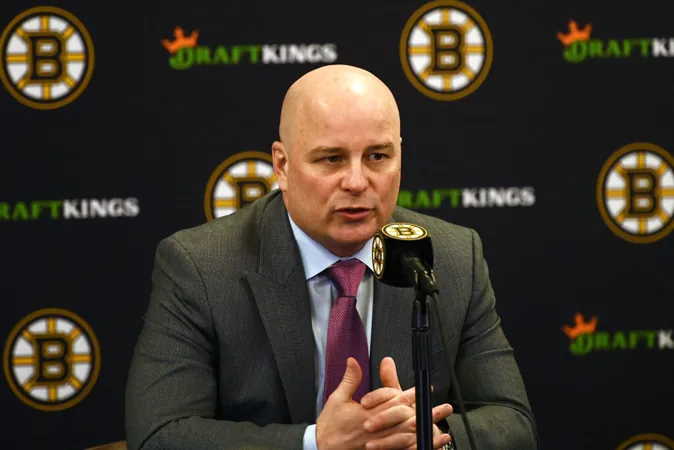
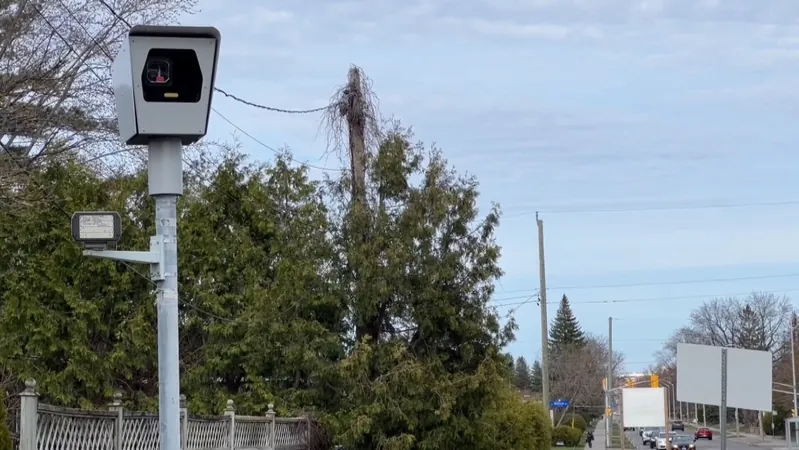
 Brasil (PT)
Brasil (PT)
 Canada (EN)
Canada (EN)
 Chile (ES)
Chile (ES)
 España (ES)
España (ES)
 France (FR)
France (FR)
 Hong Kong (EN)
Hong Kong (EN)
 Italia (IT)
Italia (IT)
 日本 (JA)
日本 (JA)
 Magyarország (HU)
Magyarország (HU)
 Norge (NO)
Norge (NO)
 Polska (PL)
Polska (PL)
 Schweiz (DE)
Schweiz (DE)
 Singapore (EN)
Singapore (EN)
 Sverige (SV)
Sverige (SV)
 Suomi (FI)
Suomi (FI)
 Türkiye (TR)
Türkiye (TR)